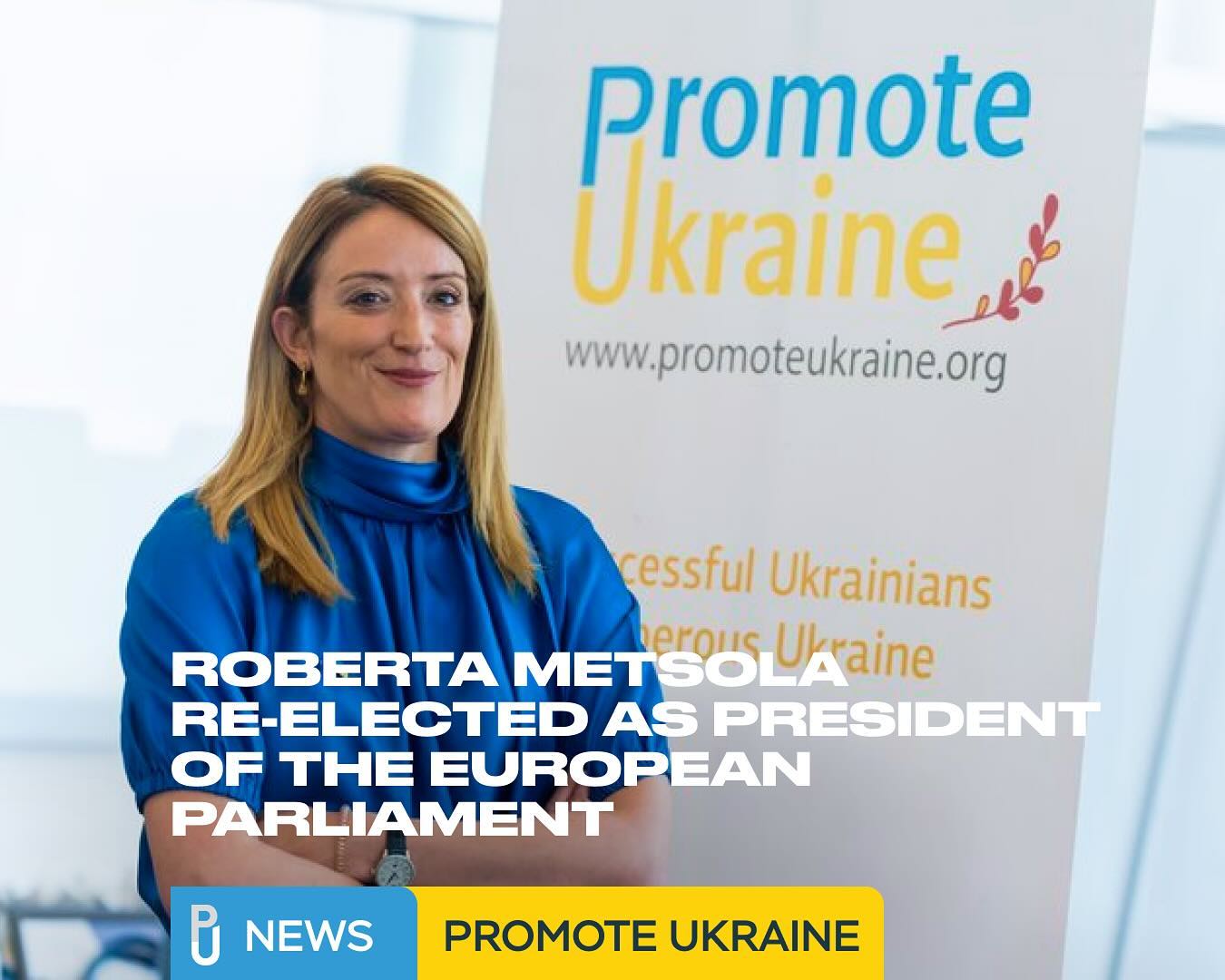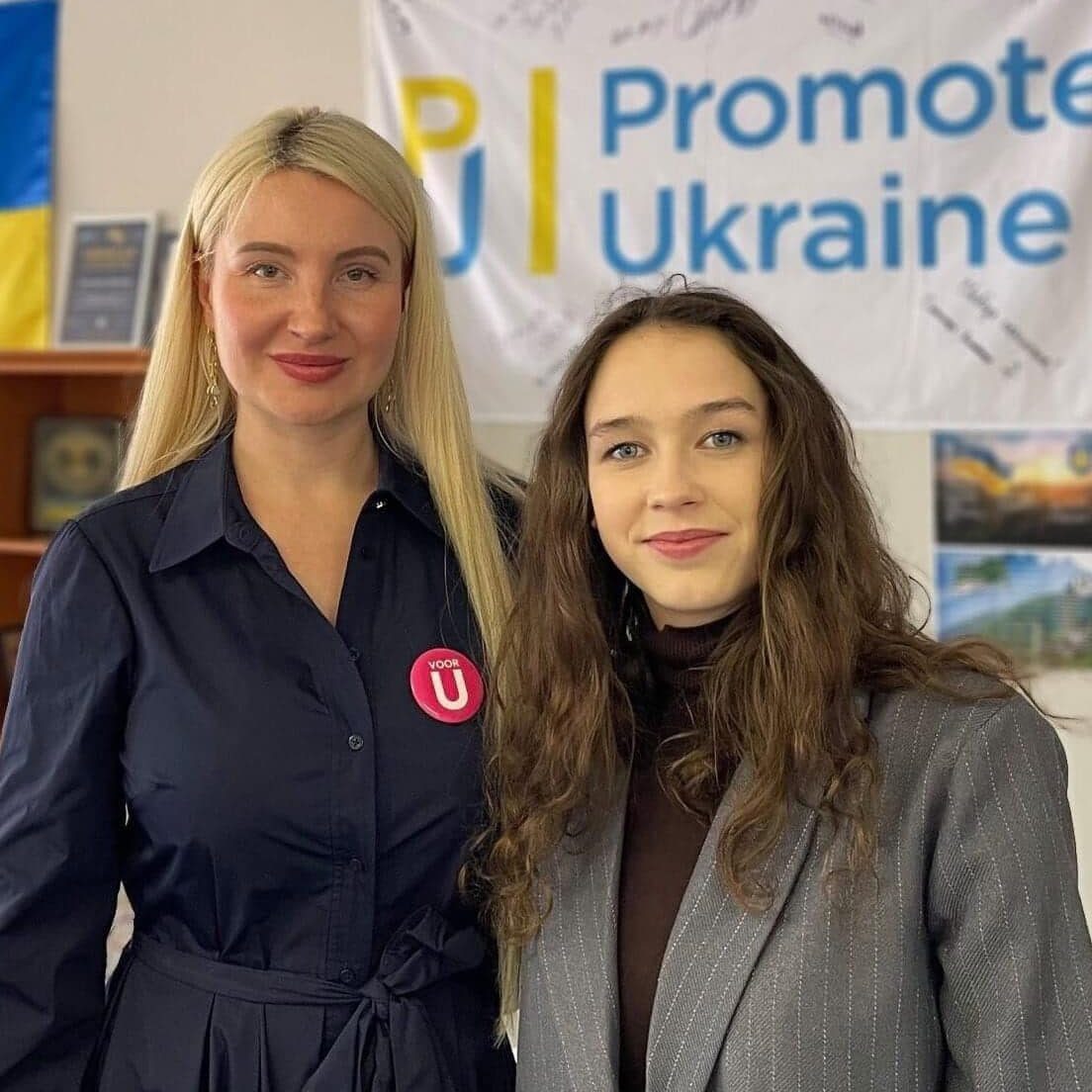China, Russia and the EU are engaged in an aid race. The Chinese came to coordinate the corona policy. The Russians came with military jets and a media circus. The Europeans came and pointed out that they had funded more than Russia and China put together.
This was reported by mo.be
Sirens of police cars. Armed soldiers patrol in deserted streets. All people aged sixty-five and over are not allowed out. For other residents, curfew starts at six o’clock. With pots, pans and whistles, people make themselves heard on their balconies. They don’t applaud, they protest. In the capital, a pro-government newspaper put up large billboards: ‘Thank you, brother Xi’, a reference to the Chinese president.
This is not China. This is Serbia, a candidate member state of the European Union. After having initially minimized and ridiculed the threat of the coronavirus – ‘Facebook virus’, ‘an invention of social media’ – the Serbian government introduced the strictest lockdown in all of Europe and, after China, perhaps in the whole world.
Serbian President Aleksandar Vučić says he follows the advice of his ‘Chinese friends’. On 15 March, he made a statement that hit hard in Brussels: ‘European solidarity is a fairy tale. I sent a letter to the only one who can help us. And that is China. Without our Chinese brothers, we are helpless’.
The European Commission called Vučić’s words ‘unfounded polemics’, but at the time, there was indeed little sign of solidarity between EU member states. ‘If I would try to convince a friend of the benefits of EU membership for Serbia and that friend calls me crazy because he saw how EU member states were treating Italy, I wouldn’t know what to say,’ notes Serbian journalist Ilir Gashi.
Blackmail
A week later, Boyko Borissov, Prime Minister of EU member state Bulgaria, did the same by turning to Russia.
‘The network of companies linked to the Bulgarian government is experiencing financial problems due to the corona crisis,’ says Bulgarian investigative journalist Assen Yordanov of news site Bivol. ‘Prime Minister Borissov wants to blackmail the EU to get more subsidies. And those companies have ties to Russian oligarchs.’
Yordanov handed over seventy gigabytes of information on fraud involving European funds in Bulgaria to the European Anti-Fraud Office. Supported by hard evidence, he says. ‘Otherwise I’d be ruined in court.’
Yordanov and Gashi no longer feel safe in the climate of authoritarianism in their countries. ‘Since the beginning of the corona crisis, the Bulgarian media have also been promoting an enormous increase in Russian disinformation and attacks on independent journalists,’ says Yordanov.
Gashi publishes a daily podcast on the social and political consequences of the corona pandemic in Serbia. He also keeps a close eye on Chinese activities in his country, as far as possible. For example, there is no information anywhere about the Chinese team of experts in Belgrade. ‘Nobody knows who they are or what their role is. Sometimes it seems that the Chinese are governing our country. We don’t even know if we bought or got that Chinese “support”.’
‘The corona crisis is giving President Vučić a geopolitical lever,’ says Europe-watcher Paul Butcher of the European Policy Center, a think tank. ‘He strengthens his ties with China to remind the EU that Serbia always has another option and to get two things from the EU: more financial support and less control of democracy.’
‘Vučić needs the European money,’ Butcher continues. ‘If this falls away, the Serbian economy and Vučić’s power will collapse. He is playing with fire by threatening the EU with his “Chinese friends”. But he gambles that the EU will concede. Usually it does. And if the EU doesn’t legitimize his anti-democratic actions, he threatens to turn to Russia and China even more.’
The American NGO Freedom House reported that Serbia is no longer a democracy, but a “hybrid regime”. Gashi denounces European inaction: ‘I read the reports of the meetings between President Vučić and the delegation of European ambassadors. Not a word about the authoritarian measures.’
Chinese aid propaganda
Sven Biscop, researcher at the Egmont Institute, considers it likely that Vučić stepped into a Chinese propaganda operation: ‘The image of the Chinese government was tarnished by their attempt to silence the coronavirus outbreak. That’s why China is now doing everything in its power to erase that from the history books. And to replace it with the image that China has everything under control and even advises Western governments. Also, we don’t see any international aid initiative from the Americans. This is a historic opportunity for China.’
China was looking to European governments to help them seize that opportunity. Serbia participates willingly, of course because, as said, President Vučić also has something to gain.
But the image does not match reality. Over the past eighteen years, the Balkan country has received €3.6 billion in European pre-accession assistance, which has helped, among other things, to improve its healthcare system. Novi magazin, a Serbian weekly, reported that China ranks only fifteenth of all donors to Serbia. Russia ranks even lower.
But the perception is different. ‘Polls consistently show that 21 percent of Serbs think Russia is the biggest donor,’ says Ilir Gashi. ‘The EU makes its support very visible in Serbia, so that’s not the problem. Rather, there has been an attitude of distrust towards the West for decades, especially since the NATO bombings of Serbia in the 1990s. China’s playing that out now, too.’
European corona measures for the Western Balkans
On 29 March, a Boeing 747 from India landed at Belgrade airport with 90 tons of medical protective equipment on board. The delivery was paid for with European funds. Serbia received €93 million for this.
In total, the EU mobilized €3 billion to support the health sectors and economic recovery throughout the Western Balkans. Serbia can now also participate in joint European purchases of protective equipment. At the recent EU-Western Balkans Summit in Zagreb on 6 May, European leaders announced that export licenses would no longer be required for the export of medical equipment to the countries of the Western Balkans. President Vučić had complained about this. This was already discussed at the European Council of 24 March, when it was also announced that the long-delayed accession negotiations with Northern Macedonia and Albania would begin.
It seems that the EU is giving in to pressure from the Serbian signals. The official statement of the Zagreb Summit also leaves little to the imagination: ‘This support and cooperation goes far beyond what any other partner has provided to the region and deserves public recognition.’
Pieter Stockmans
Read full article.






 UA
UA FR
FR DE
DE




